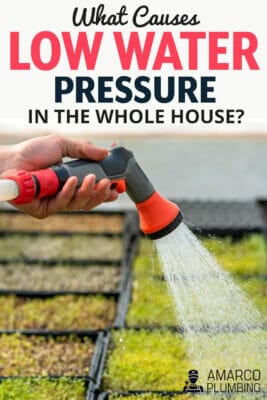Disclaimer: This post may contain affiliate links, meaning we get a small commission if you make a purchase through our links, at no cost to you. For more information, please visit our Disclaimer Page.
We can all agree that low water pressure is one of the most annoying things that can happen in your household. You simply can’t do much with water inside your home when the pressure is low. Chores like washing dishes, cleaning, or any other stuff like that will be quite hard and time-consuming.
Anyhow, water pressure is regulated by several different factors. And, when it gets low, to the point where you can’t even use water anymore, you should definitely act fast.
The problem gets even worse when your whole house is suffering from low water pressure. That implies only one thing: Your plumbing is malfunctioning.
So, let’s see what the causes are of low water pressure and why is your plumbing malfunctioning.
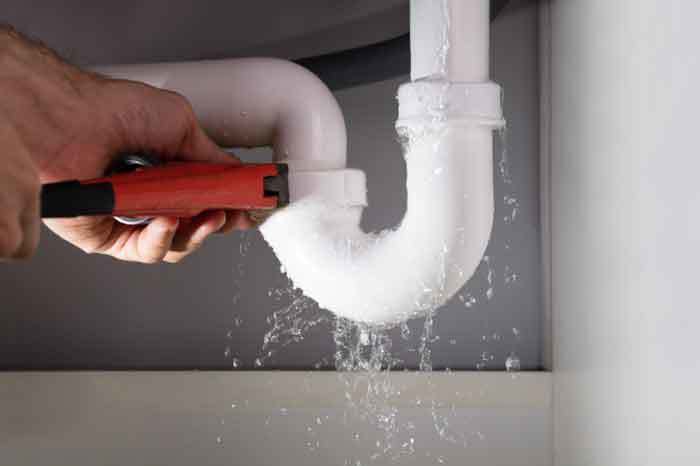
What Causes Low Water Pressure in the Whole House?
Since your household plumbing system is quite complex, causes for its malfunctioning are not easy to determine. Low water pressure surely is one of the results of a malfunctioning plumbing system, but the cause for that could be located in different kind of fixtures.
Nevertheless, let’s see the most common causes of low water pressure in the whole house.
1. Bad Fixtures
First and possibly the most common reason for low water pressure inside the whole house is located at the fixtures. Namely, faulty fixtures can sometimes lower water pressure by a significant amount.
Everything could run smoothly through the pipes, but when the water reaches the fixture, build-ups or rust will not allow it to exit at the same pressure.
The most common fixtures that are susceptible to rust or get clogged are:
- Old showerheads
- Bad faucets
- Clogged aerator
Now, the best way to determine whether this is the cause of low water pressure is to remove the faucet or the showerhead. After that, you should run water through the pipe and see if the water that comes out of the pipe is running at high water pressure.
Also, you can always remove the faucet and clean it by yourself. This way, you will ensure that there aren’t any rust build-ups or any other type of build-ups, like dirt, attached to the faucet.
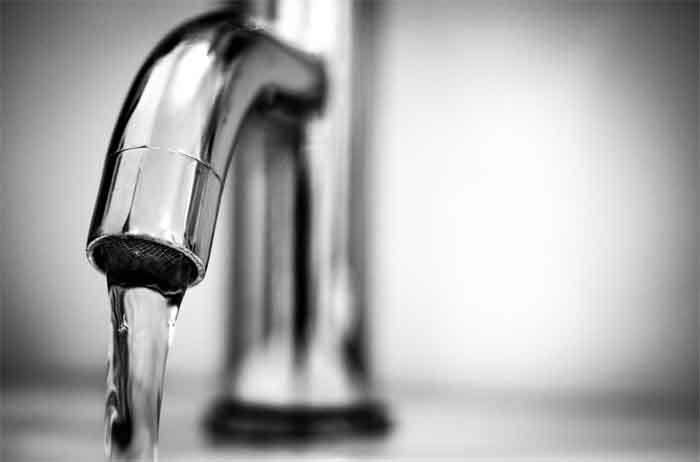
Besides that, the cause can be located at the aerator as well. This can easily ruin your water pressure and drop it below 20 PSI. So, you will need to remove the whole faucet and locate the aerator. Next, you should be able to clean it properly and remove all clogs.
This way, your water pressure will be brought back to normal.
You might also like:
- Low Water Pressure in Shower and Tub: Causes and Fixes
- How to Increase Water Pressure in Tap
- Best handheld showerheads for low water pressure.
2. Faulty Valves
Water pressure inside your home is most likely controlled by two shut-off valves. Now, if one of those valves is not working as it should be, for some reason, the water pressure will drop.
So, how can you check this and determine the cause? Well, you need to find the valve that is installed inside your house. You can locate the valve in the basement - it is usually placed near the water supply line.
Next, you need to check for two things:
- Valve’s condition
- Tightness
If the valve is all rusty and hard to turn, you might be experiencing low water pressure because of it. The valve will let the water through the pipes, but, if it’s not working properly, it could happen that the valve will reduce the amount of water that comes into your house.
This will reduce water pressure by a lot. Also, you need to check if the valve is tight enough. If the valve is not tightened properly, the water pressure will be high. On the other hand, if the valve is tightened so much, the water pressure will be low.
3. Pressure Regulator Malfunction
In case you have a pressure regulator inside your house, the cause of low water pressure could be located here. So, a pressure regulator can easily lower your water pressure, or it can increase it by a significant amount.
However, to fix this kind of problem, you need to have some knowledge about pressure regulators. So, it might be best to call a professional, a plumber.
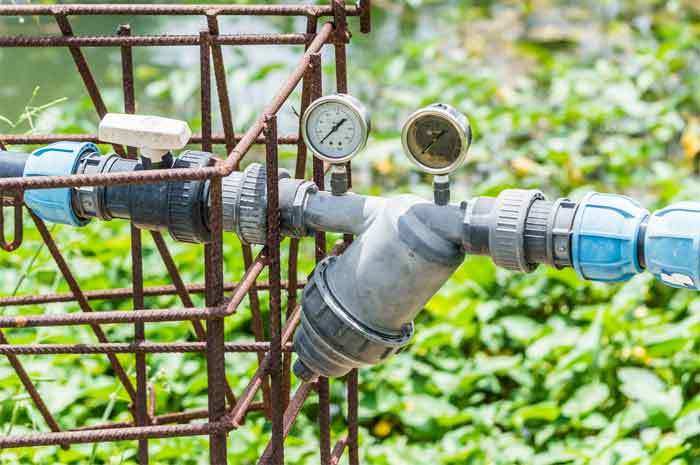
4. Clogged Pipes
One of the most annoying things that can happen in your plumbing system is a clog. Now, since water is full of minerals and other kinds of metals, they will all get stuck inside the pipes.
These minerals will form a build-up after some time, and that will result in a blockage inside your pipe. So, the amount of water that can pass through that pipe is quite low, and, that’s why the water pressure is so low.
5. Deficient Main Supply Line
In some cases, the cause of low water pressure is an insufficient main supply line. This is out of your hands since the main supply line is not regulated by your pressure regulator.
And, you can’t even call a plumber to fix this kind of problem since it doesn’t even exist at your home. The real problem here is that the amount of water that enters your home through the main supply line is simply not enough to reach normal water pressure.
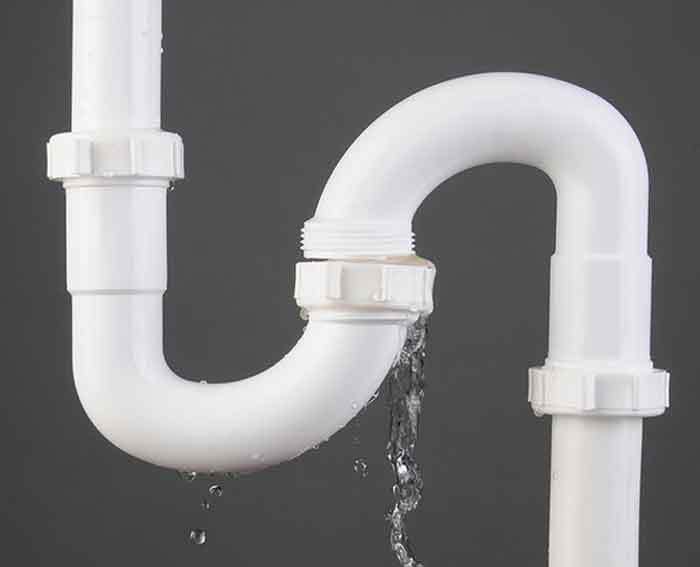
6. Corrosion
If you have steel pipes, as most of the people, then you are probably experiencing a corrosion build-up somewhere. Simply speaking, steel will rust over time and that will create rust build-ups inside your pipes which will lower the diameter of the pipe.
If the diameter of the pipe is low and the pipe is not that wide, the amount of water that passes through is not enough. That will lower the water pressure and you will not have that efficient plumbing when it comes to water pressure.
Conclusion: Low Water Pressure in Whole House
These are the most common causes of low water pressure in your whole house. In most cases, these problems are fixable one way or another. So, by determining the cause of low water pressure, you are actually halfway done repairing it.
Knowing what’s the problem is quite helpful to deal with it.
